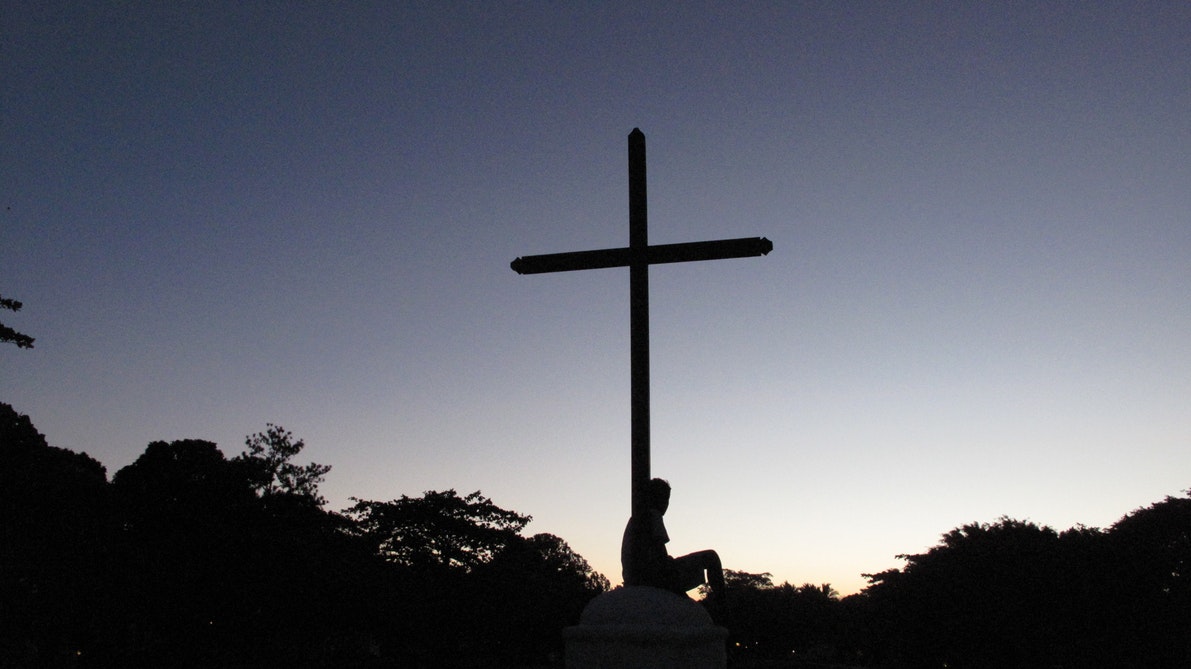The promise we have received is no different, but we have received more revelation. We meditate on the aspects of that promise which are already fulfilled: that Jesus Christ has come into the world. He was born of the virgin, conceived without the stain of sin by the Holy Spirit, and was perfectly righteous before the Father in every respect, although He was tempted by Satan (Hebrew 4:15). He was delivered to death and suffered the wrath of almighty God for sinners, (Isaiah 53:11), was buried, and on the third day rose from the grave (1 Corinthians 15:3,4). THIS is what we meditate upon, and all its implications: that we are wretched sinners, that Christ is a kind and gracious and all-sufficient savior, and that only by grace through faith can salvation be accomplished (among others)!











